Parte 1:
Bibliography:
La marmellata della nonna/grandma’s marmalades
English translation:
Host
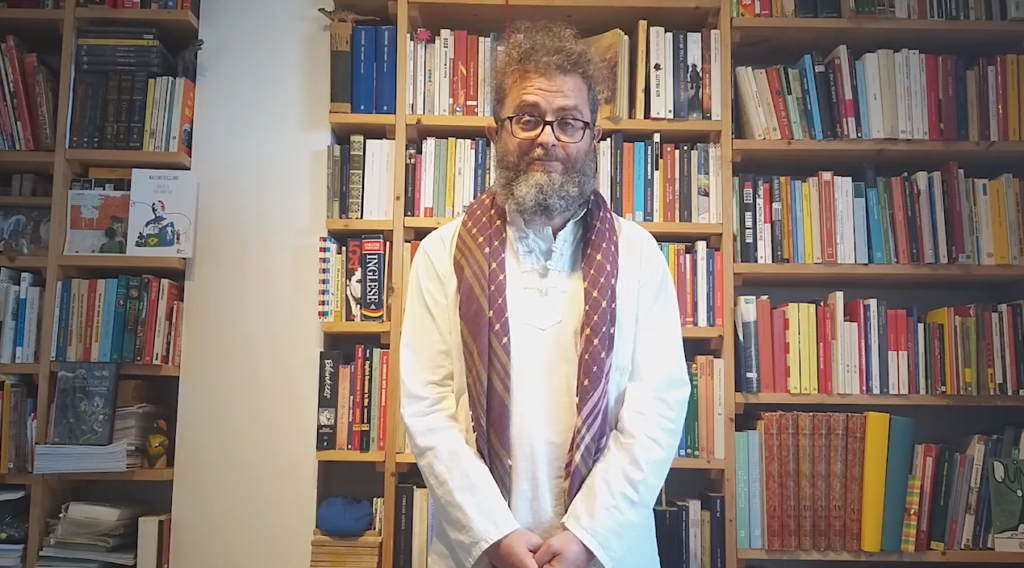
How should we illustrate the Covid Pandemic today, in 2320?
We found the answer here, in a classic bookshelf from 300 years ago,
one of those inevitably present in the background of the video connections during the quarantine.
We have drawn for every source available at that time, to dive into that society.
A society who was capable of finding in a dramatic situation the occasion to evolve.
Granted, it wasn’t immediate,
but it was the beginning of that evolving process we know as Humanitarian Gestation.
A journey 300 years back, to better understand our present and to sow our future.
Epopteia may begin
Opening
Host
How should we start this journey of ours if not by talking about that Pandemic?
How did the management of a hotbed at epidemic, endemic, or pandemic risk change?
Guest 1
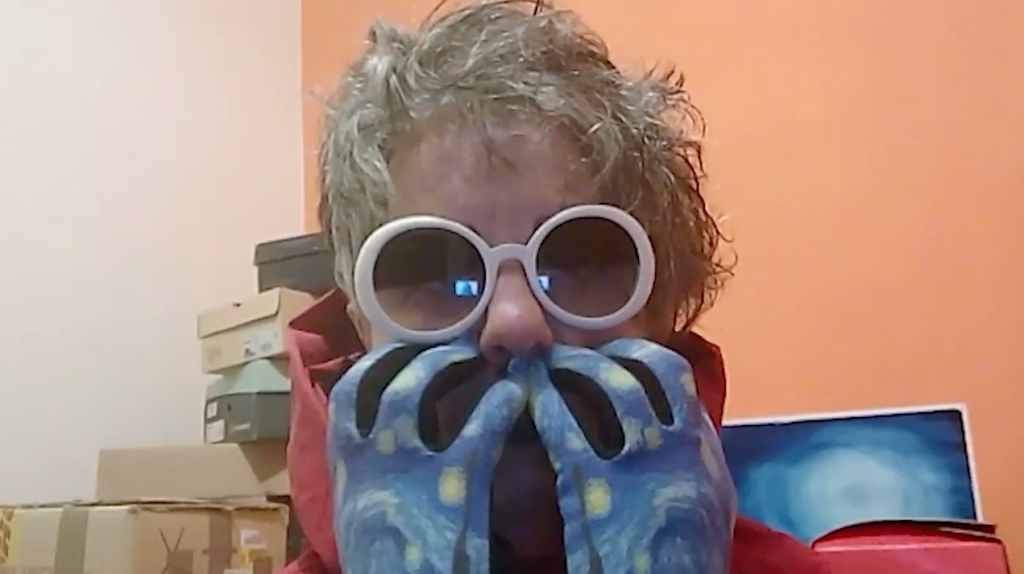
The main difference with 2020 is that today we are globally organised.
As soon as a new strain hotbed unknown to us is discovered,
a research team arrives on the spot and starts studying the pathogenic agent and its effect, together with the health conditions of the victims before they were infected, the contagion area and the spread speed.
Initially we always know nothing, but we do know many useful things, and yes, we are confident, the past has taught us a lot, and this is why history is so important.
Host
And in all of this, there’s still a place for fear?
Guest 1
Of course! Why? Is there anyone who has no fear?
Fear is healthy, it’s what keeps us vigilant to save our life,
it’s a symptom of wisdom.
It’s fear of the fear what is pathological and unhealthy, it clouds your thoughts and makes you do unwise things.
Consider that fear is employed bu instinct, too!
Host
Instinct employing fear? Mind delving into it without exaggerating?
Guest 2
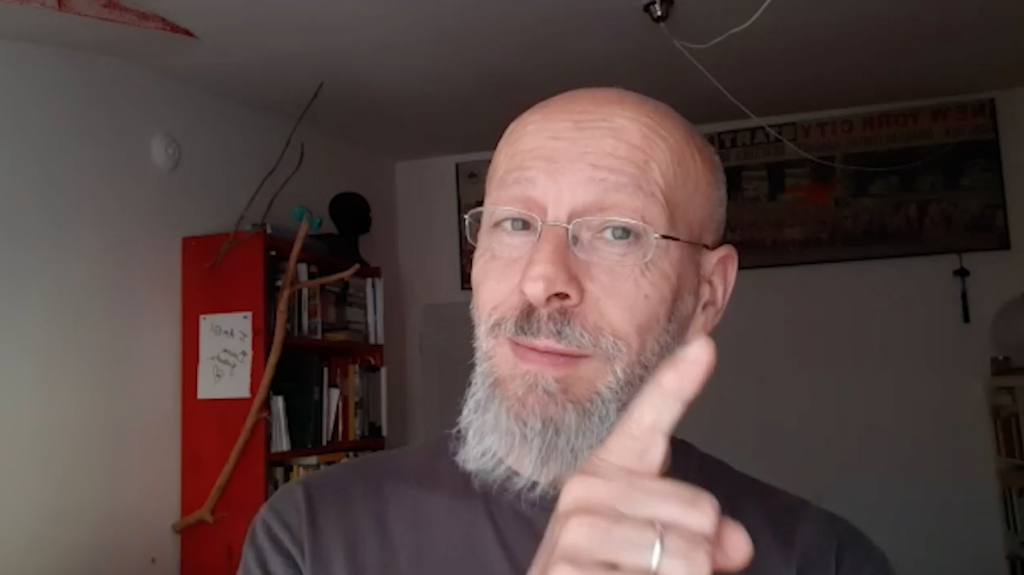
You’re saying I should be concise
Host
You are insightful
Guest 2
You, on the other hand, if you continue like this you’ll risk getting …
Anyways, the answer is that I’ll try, but you know that synthesis and precision are always on a thin and unstable balance.
Host
So?
Guest 2
So don’t push it or you’ll risk falling.
Let’s go back to instinct and fear.
For instance, Pareidolia, or the pareidolic tendency, is, as astrophysicist Luca Perri said
“the instinct of our brain to find known shapes in unruly and random images; to the primitives, for instance, it must have been really useful to find dangers hidden in the vegetation thanks to a shadow, a shape, or a visual incoherent disturbance, and hence, saving their lives”.
He followed the abundare philosophy:
“if this instinct sometimes leads us to believe of a non-existent problem, it’s not too bad, it’s better being excessively cautious than ending up between the fangs of a 2-meter feline.
And this closes my concise side note
Host
Perfect. So?
Guest 3
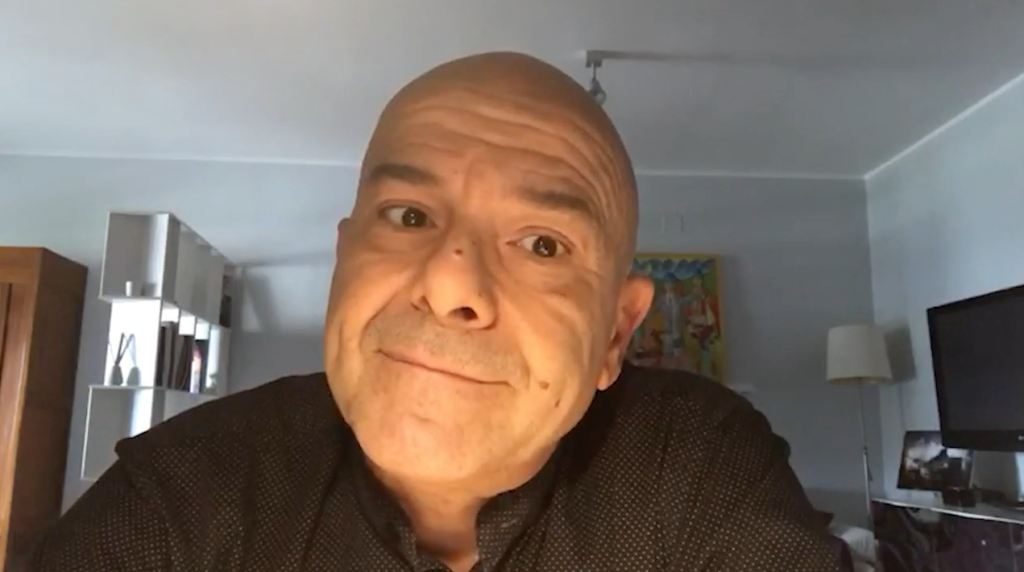
So we have all the tools to contain and defend ourselves, but should this new disease prove to be untreatable and terrible, and put out the entire human race, well then, it would really be useless to worry over it, we wouldn’t have a choice so might as well enjoy it until the end. But if we don’t lose our minds and we don’t panic like the people of the past did, if we behave and collaborate with each other, like we know we can, we’ll delimit the damage: our ancestors’ mistakes have contributed to our knowledge. Humankind hasn’t evolved enough to do miracles yet, but it’s ready, because the evolution might have been fortuitous, but it sure was humanly encouraged and manipulated to resist.
Host
An encouraged and manipulated resistance?
Guest 4
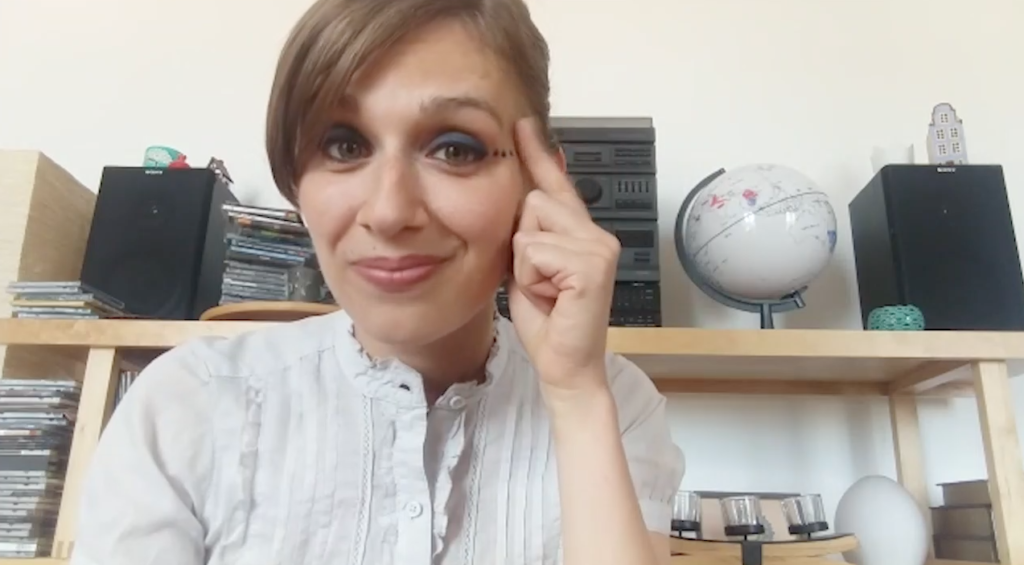
Yes, and all from here, the brain. An organ, weighing a little more than a kilo, capable of leading us from the creation of the simplest tools to the 3D printer, from the invention of the wheel to genetic manipulation, from the earliest migrations to space travel. It’s the least known organ of our body who allowed us to know itself, the body, its anatomy, its physiology, its diseases, it allowed us to develop over time new strategies and solutions to cure it. The brain is the same organ that applied speculation to the care, elaborating profiting logics over the body. Today it just seems normal that we all have access to the cares we need, but once it wasn’t like this, in the past healing was a luxury and for a long time it existed only for those who could afford it. And so, every other sector of the pre-Covid19 societies.
Act 2: Prehistory, before all of that nasty business
Host
But we’re talking about the early 2000’s, not 2000 years ago.
Guest 5
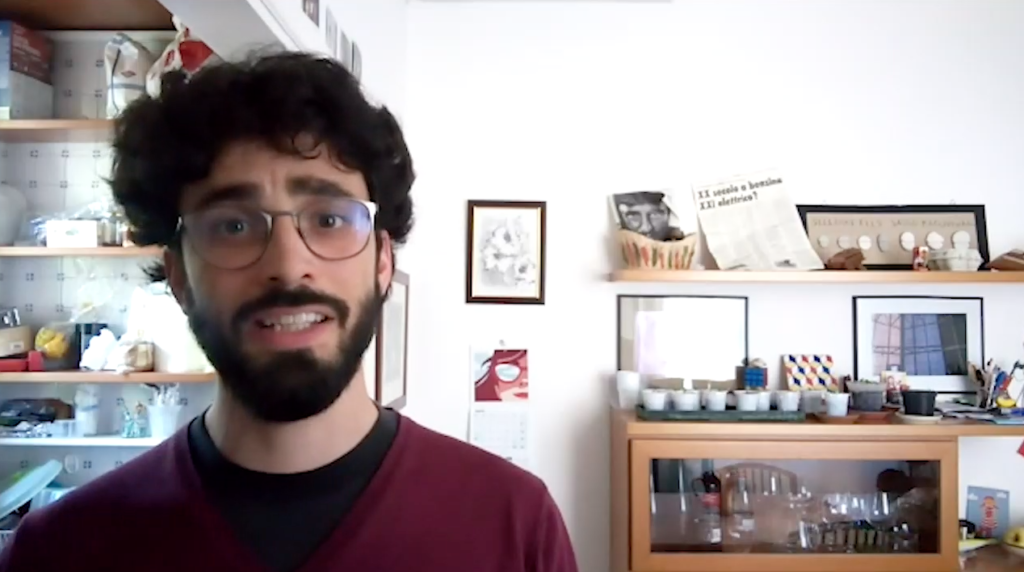
Incredible, isn’t it? This inequality between human beings derived from the political and economic management of the territories. One of the key words I believe it’s Semplification. Especially inside democracies, there was a development towards a simplification regarding every level: political, economic, work, and information, both mainstream and selective. By removing the complexity of it, it became easy to state kind of everything, underlying just a small detail of a complex system, just to further your own cause. And this chaos became the perfect ground for fake news. It became impossible to tell fake news from real one.
Host
Socrates’ concept of evil born from ignorance comes to my mind. Nowadays everyone is Aware they don’t know many things, but about back then?
Guest 6
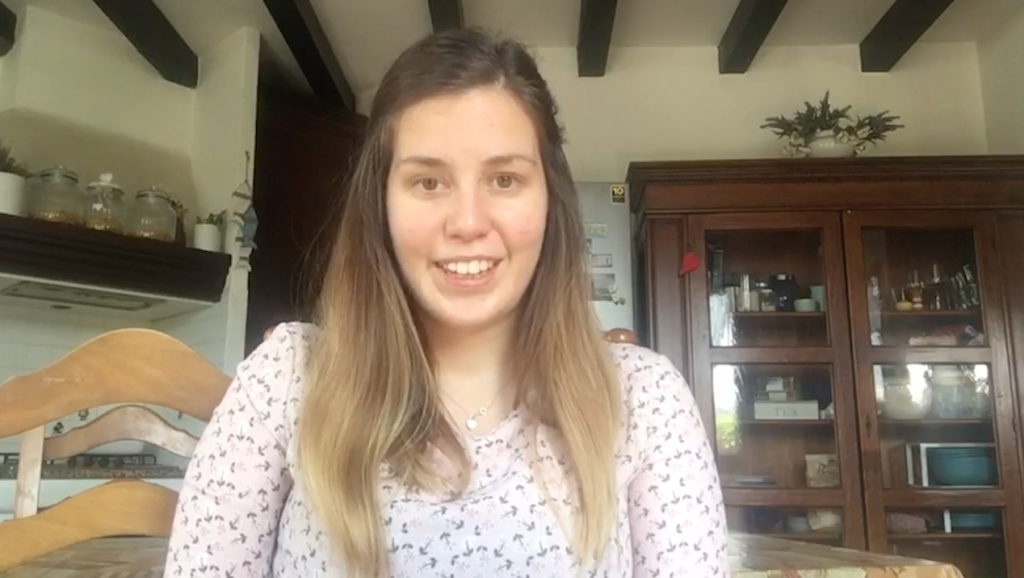
Know-it-all-ology: our second key word. You too could feel justified to intervene in every contest. This tendency clouded competent voices. Just think that for years, in pop culture, the nursing staff was considered.. let’s say it wasn’t really considered. When the virus came, then suddenly the importance of Public Healthcare, doctors, and nurses was considered again. Maybe their godmother Florence Nightingale put her hand in it, since May 12th 2020 would have been the 200th anniversary of her birth. Yeah, ironic, 2020 was the year of nursing.
Host
2020 was the International Year of Plants’ Health too, but they didn’t receive the same care.
Guest 7
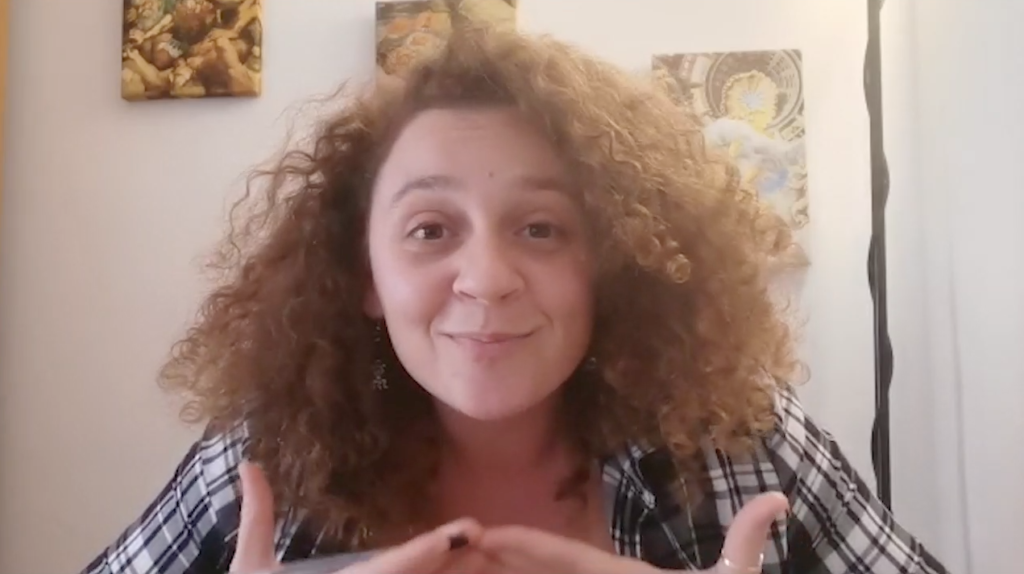
Sadly not, just like other professions like physiotherapy, radiology technique, or neither cleaners, despite being crucial since healthcare requires a complicated and charming teamwork, were not acclaimed as much. Unfortunately the society of the time hadn’t been playing in team with healthcare for years and the result was clear, starting from leaving the “first line heroes” without the necessary protections to protect their own or their loved ones’ health. And they went anyway, with a smile, because it’s their nature. And the assistance, besides being the finest of the fine Arts, was a good basis for judgement and thinking and since we’ll be talking of a sanitary emergency that changed history, the assistance will be our key. For instance, when we are sick, who treats us, if given the time before intervening, puts together an anamnesis, which is nothing but a research of our personal history, considering of course our clinical one too. The anamnesis is necessary to know the past of the patient, to better understand the current issues, and to choose the best direction in order to provide a most decent future, as well as history is necessary to understand the past, better live the present, and reflect and foresee what to do to make the future better. Consider the agriculture, for instance, before planting, we analyse the quality of the soil, of the territory, climate, and required work. Then we plant. Or we stop before starting.
Host
Are you saying between the lines that I should stop?
Guest 8
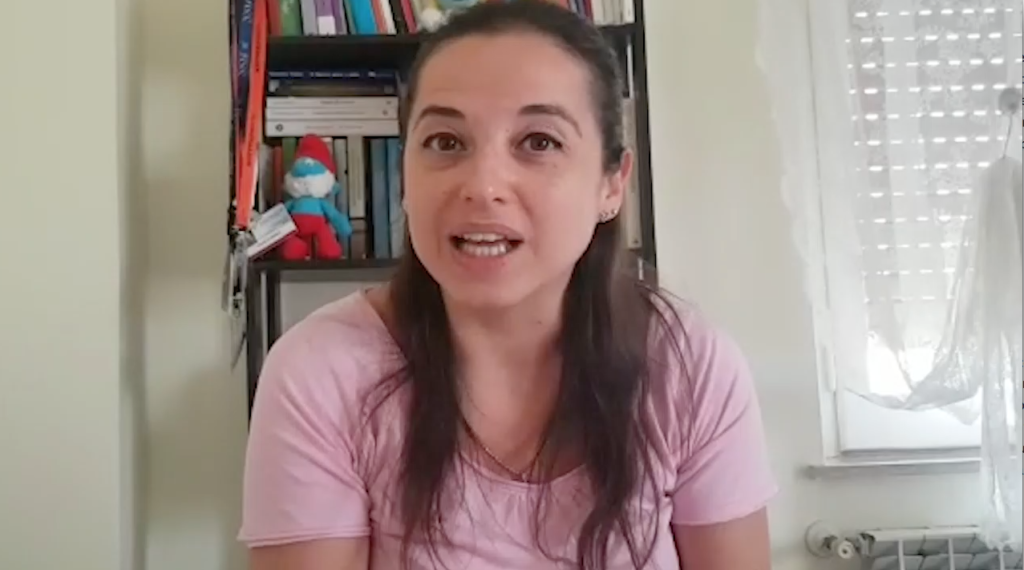
I’m saying that if we want to understand the society of the 2000’s, before the arrival of the Global Covid19 Pandemic, we must start from much earlier and do an historical anamnesis; and since we are talking about history we can’t not be inspired by a famous historian of the time, Alessandro Barbero. History, before the early 2000’s, was based on the dates of great events, like battles, wars, and power plays, besides the unavoidable catastrophes. Then Marc Bloch arrived, a Frenchman born at the end of the XIX century. During his 58 years, he managed to fight in the two World Wars, living through typhus, rheumatoid arthritis, the French defeat, the escape from Dunkerque, the return to his homeland under the Nazi domain, and the entering in his house as an old man, where he died of old age.
Host
Talking about living to the fullest.
Guest 9
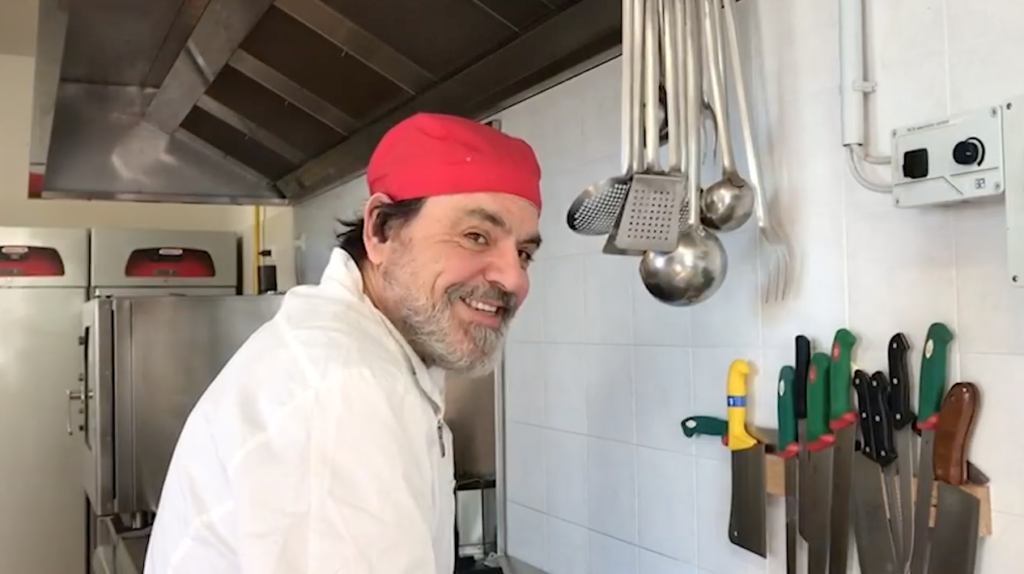
And the cherry on top is yet to come.
Host
Did he come back to life after 3 days?
Guest 9
No, he didn’t have to, he settled to simply change the method to study and analyse it. A revolutionized History: Before Bloch and After Bloch.
Guest 10
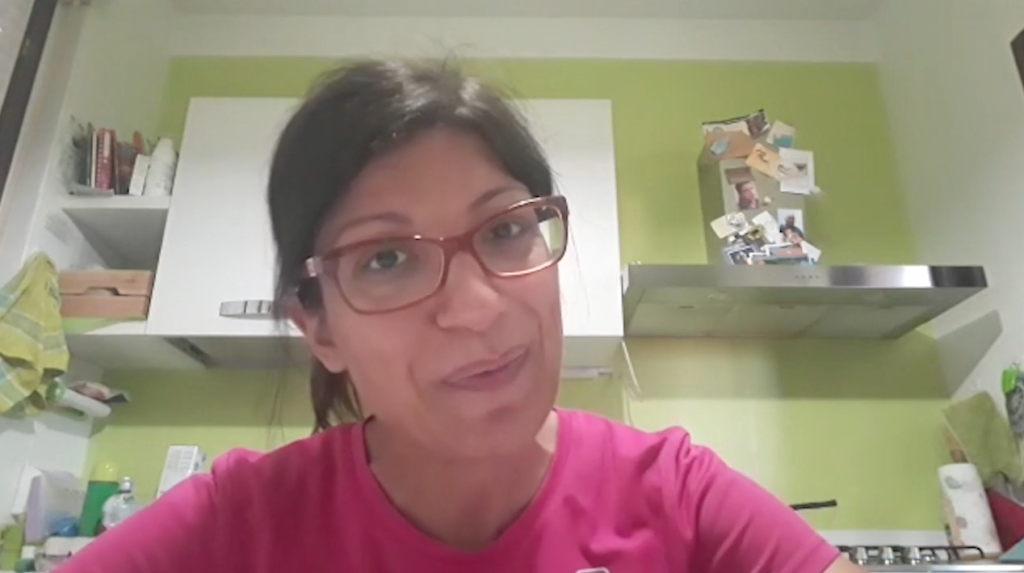
Bloch, by analysing the collective memory and, mostly, the history of the small things, the elements of the daily life, the customs and the traditions, understood that the key to the real understanding of history, as human history, isn’t solely in the History with capital H, the one of big events and power; the key to understand humanity lies in the details; an example? Bloch adored his grandma’s marmalades. They were a passed on family recipe, as well as a typical product normally prepared home. This custom seemed to be as old as time itself, but Bloch discovered that marmalade was an unknown food to his great-great-grandmother. His grandma prepared “traditional” marmalades and his great-great-grandmother didn’t know what they were. A powerful cultural overturning!
Host
How could marmalade become a popular and traditional product in slightly more than a generation?
Guest 10
Marmalade means sugar coming from canes of exotic countries, extremely expensive, a luxury. From the 800’s, however, they discovered that they could extract sugar from beet too. From then on, sugar became Pop. “There it is, a great revelation completely forgotten by our poor stories of France”, Bloch said.
Host
This being said, how are we relating to 2020?
Guest 11
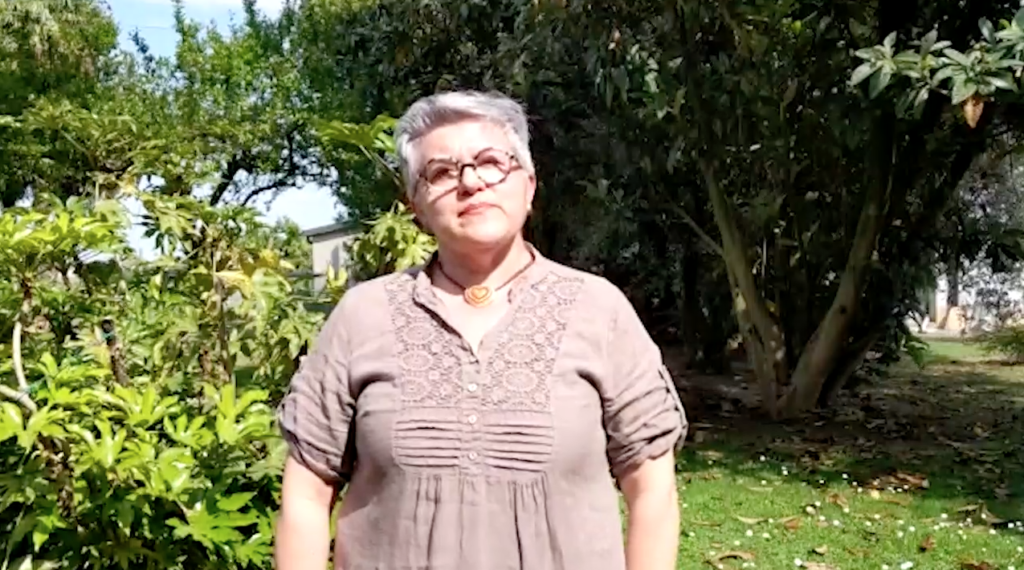
By doing a small summary of the previous episodes, brief summary of course, but effective, at least for our intentions. A humanitarian clinical anamnesis. And there it is, another interesting thing: the evolutionary causes of death, as in due to chance and adaptability, and the post-industrial ones, where we put our hand (or rather, considering the damage, arm) into it. And while we are at it, why not the shoulder!